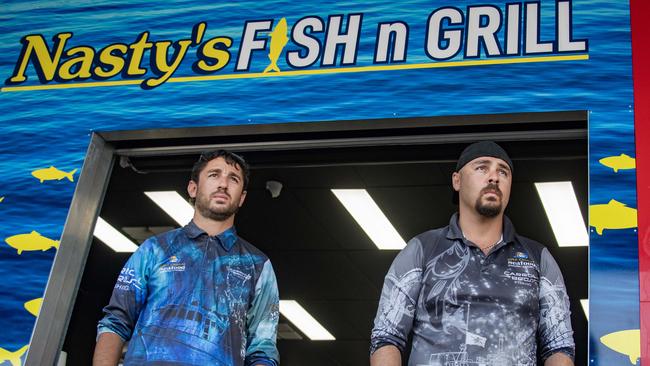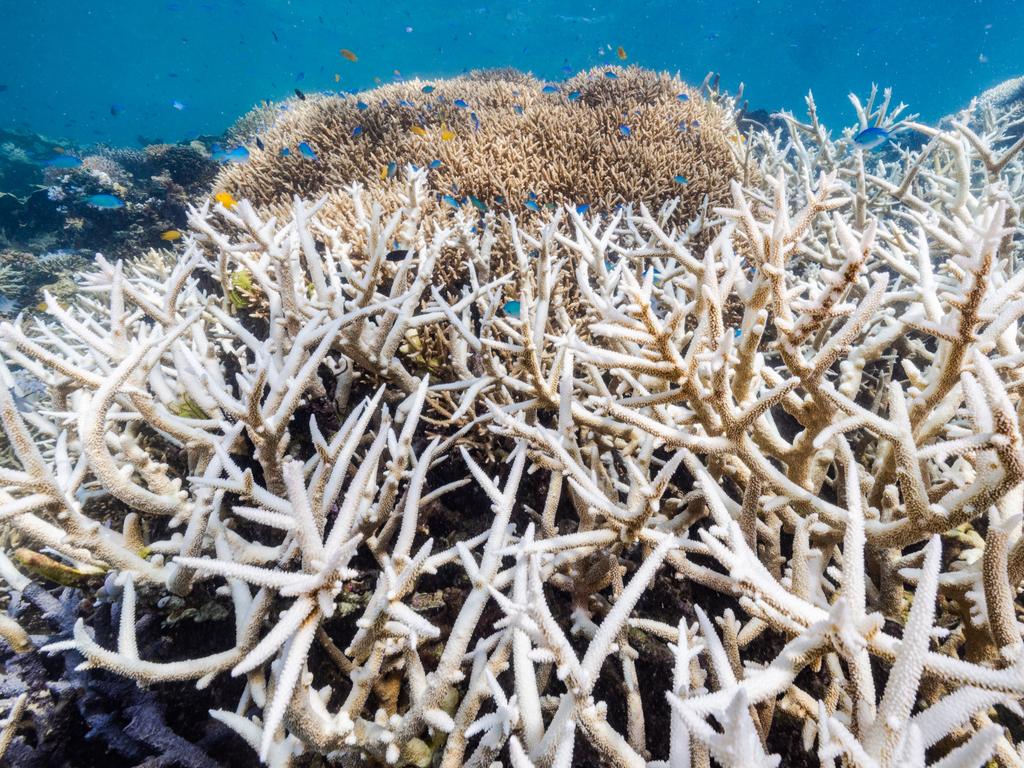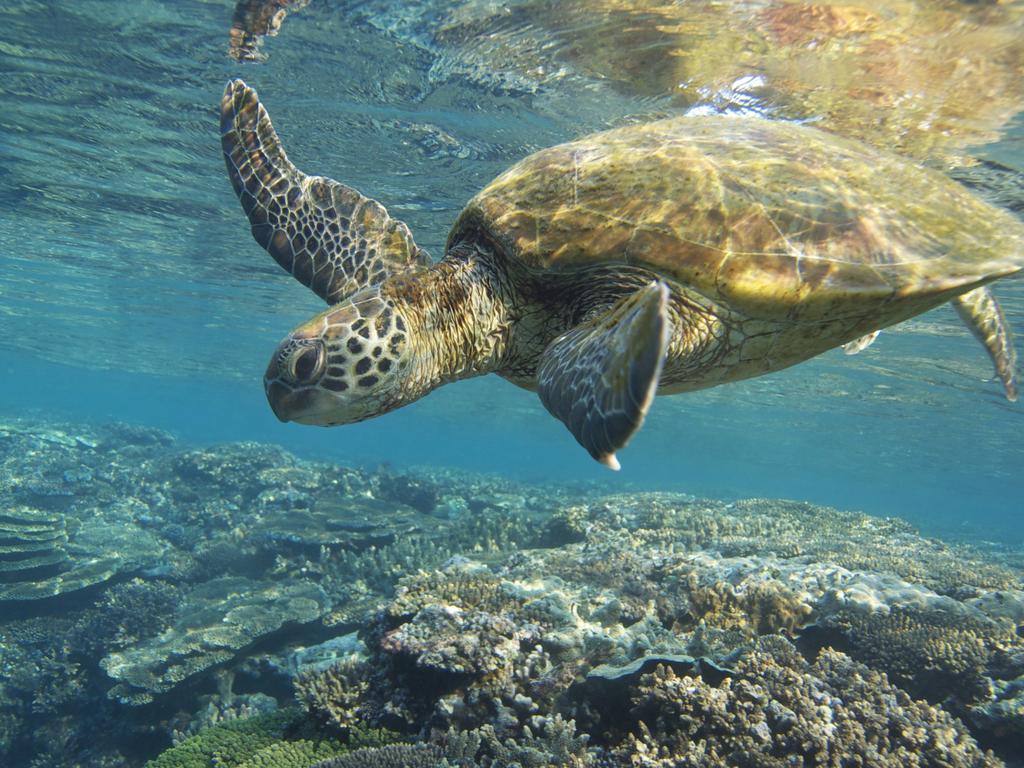Silence on gillnet bans leave fishing operators clueless
Barramundi season may be over in Queensland, but the gillnet bans that come into effect at the end of the year may leave hundreds out of work.
As Queensland’s barramundi season drew to a close last month, hundreds of fishing operators along Australia’s east coast were out of a job.
Gillnet fishing through the Great Barrier Reef will begin to be phased out from December before an all-out ban on the practice by mid-2027.
The large nets are a popular tool for catching barramundi, king salmon and grey mackerel, all of which are exclusively caught in northern waters. The ban will remove 2000 tonnes of the wild-caught fish from the market.
The Green family have been fishing around the Burdekin since the 1970s. Third-generation fisher Sienna, 26, has been on the water since she was a baby and started her own operation with her partner five years ago. She recently had a specialty net boat made and had been saving for a licence, only to be told a third of their income would go overnight.
“Honestly, we’ve been in a state of mourning since we found out through a press release that fishing businesses are finished with no warning, no consultation and no science,” Ms Green said.
Many in the fishing industry were taken by surprise when Environment Minister Tanya Plibersek announced the ban in May citing conservation and stating gillnet fishing “injures and kills threatened turtles, dolphins and protected shark species”.
Removing the nets was also one of international science body UNESCO’s requirements to avoid labelling the Great Barrier Reef as “in danger”.
The lack of communication from the government has people like Bevan Carroll on edge. At the start of the year, he began a $750,000 expansion of his processing facility in the far north Queensland town of Mareeba, about an hour west of Cairns.
He employs about 50 people, from boats of fishers stationed at Weipa and Karumba along the Gulf of Carpentaria, to processing and wholesaling, to the cafe in the heart of town. That’s on hold as federal and state politicians look to extend the bans into the Gulf.
Ms Green said the bans were frustrating, because barramundi netting takes place in the mouths of rivers and estuaries, far away from the coral of the reef.
The idea of everything dying in the net is a myth, Mr Carroll said. “We’ve never caught a dugong or a turtle. On the odd occasion, we’ve caught a sword shark, but we get them out alive.”

Coalition Northern Australia spokeswoman Susan McDonald said Labor was listening to activist voices and needed to halt the rollout of bans until there was more consultation.
“There needs to be an immediate pause on this decision until there can be some communications … not just with the fishers and their workforce, but the broader industry,” the senator said.
While the phase-out will not be completed until 2027, current netting fishing licences will be voided at the end of the year. A limited number of specially conditioned net entitlements will be offered to the industry, but the specifics are still unknown.
Queensland Agriculture and Fisheries Minister Mark Furner offered no further detail when asked by The Australian.
“Significant investment in research and development is proposed to investigate alternative fishing methods that does not have the same environmental footprint as gillnets.”
Compensation is on offer to those affected.








To join the conversation, please log in. Don't have an account? Register
Join the conversation, you are commenting as Logout